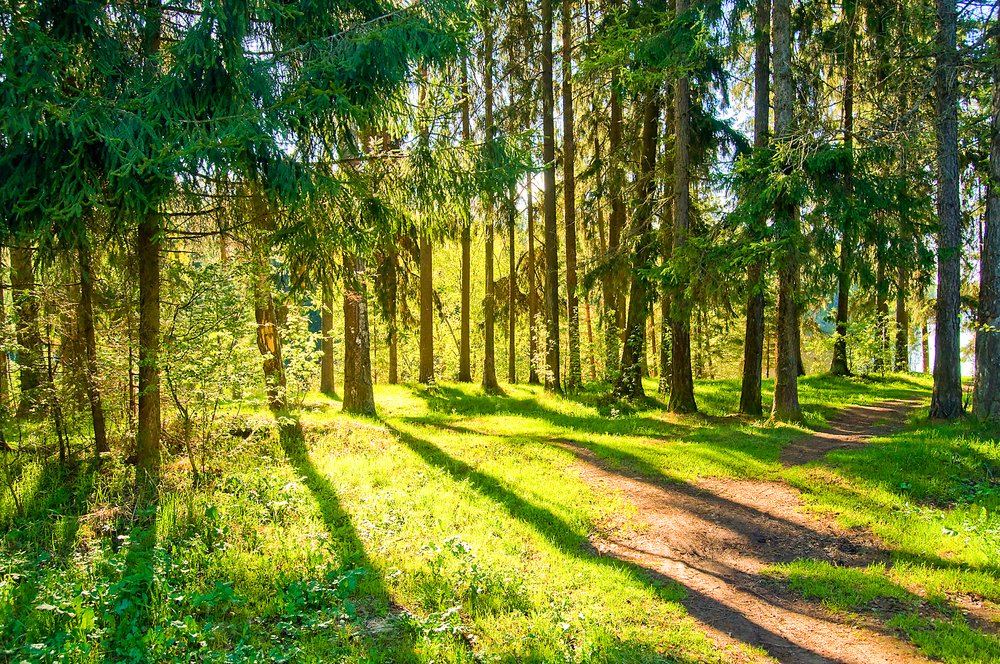Introduction
A concept that has always interested me is that of ecosystem services. In a nutshell, an ecosystem service is a benefit that is provided by nature to humanity. A natural extension of this approach is to then try to value the ecosystem, which involves making an estimation of how much money the service brings to an economy or how much money the service saves.
I am a big fan of this approach. Unfortunately, in society the case for protection of ecosystem is made stronger by thinking about what they offer to humanity rather than just looking. If we objectively understand why they are important this should provide a significant reason as to why they should be protected. By then valuing ecosystem it shows just how important they are in terms that are easily understandable – money! Additionally, the financial effects of any deleterious actions can be easily understood.
Ecosystem Service Categories
‘Ecosystem services’ is a very generic term, so it is useful to categorise different types of service. The most common approach in doing this is to consider four categories, these are provisioning, regulating, cultural and supporting. Let’s now look at each in more detail.
Provisioning Services
Provisioning services pertains to the products that nature provides humans that are valuable. When you think about every item that we use or eat on the planet if you go back far enough, materials for these have been provided by nature. For example, the fish you are having for dinner tonight – it’s likely that it comes from an ocean – so ecosystem have provided it. And the fish have financial value in that they can be bought and sold along a supply chain, adding wealth to the economy.

Regulating Services
Regulating services are those that are part of the control mechanism of nature in that they reduce the risk of harmful environmental conditions occurring. Trees for example have an ability to prevent flooding by soaking up large quantities of water, they can also reduce soil erosion by their leaves intercepting rain that can dislodge soil. If you remove a forest then it is likely that you will get more water entering rivers at a faster rate which will increase the risk of flooding and mean that other methods of flood prevention will need to be implemented, which may have a greater financial cost than the money made by removing the forest! Therefore, the forest has a clear financial value to society.
Cultural Services
Next, we have cultural services. These are the provision of a cultural input. I recently spent a relaxing week in the English Lake District. The key reason that people spend time there is because natural processes over millennia have produced a beautiful place with numerous stunning landscapes with activities for tourists – such as hiking and cycling. It is designated by the UK Government as a National Park. The influx of tourists contributes massively to the local economy as visitors spend money at hotels, restaurants, cafés, shops etc. But the root of it is, if the Lake District was not a beautiful place as the natural process that made it and retain it as such are severely affected then this would impact on the economy. Therefore, we can clearly see that landscape in this area is providing a significant input into local economy.
Supporting Services
The final ecosystem service is supporting services. These are a range of services that allow the others to occur. To illustrate, a forest provides numerous ecosystem services, such as reduction in flooding (regulating) and wood which is a useful material (provisioning) etc. To enable the forest to operate and provide these services there must be nutrient cycling (phosphorous, nitrogen and carbon cycles for example are key) and seed dispersal (that allows plants to reproduce). These are therefore supporting the primary ecosystem services, sort of ticking away in the background allowing the others to operate.
Closing Note
There we have it, nature provides very, very significant benefits to humanity. In fact, I think you could safely say that for a country to be economically successful it must look after it’s ecosystem services.
–
John Binns BSc (Hons), MSc, MSc, MIEMA

With over 19 years’ experience working in environment management, John Binns BSc (Hons) MSc MIEMA is an experienced environmental tutor and consultant with knowledge of health and safety management.
